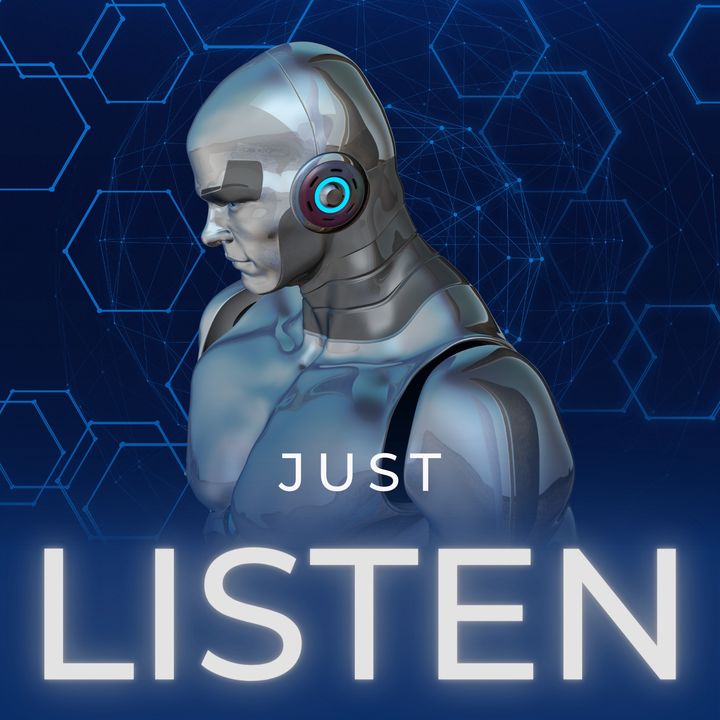

Rule 3.8 of the Utah Rules of Professional Conduct prescribes duties specific to the unique role of a prosecutor. Prosecutor's Duty to Disclose Exculpatory Evidence If these requirements are not met, then under Section 77–13–6(2)(a) of the Utah Code, a plea may be withdrawn only upon leave of the court and a showing that it was not knowingly and voluntarily made.
#Rule 11 colloquy trial
the defendant understands the nature and elements of the offense to which the plea is entered, that upon trial the prosecution would have the burden of proving each of those elements beyond a reasonable doubt, and that the plea is an admission of all those elements and.the defendant knows of the right to the presumption of innocence, the right against compulsory self-incrimination, the right to a speedy public trial before an impartial jury, the right to confront and cross-examine in open court the prosecution witnesses, the right to compel the attendance of defense witnesses, and that by entering the plea, these rights are waived.Rule 11 provides that the court in Utah may not accept a guilty plea until the court has found that: The rule protects a person's rights to have notice of the charge pending against them, the elements of the crime that have to be proven at trial, how the defendant's conduct amounts to a crime, and the consequences of the plea. In other words, Rule 11 was created to help the defendant understand the basic consequences of the decision to plead guilty. Rule 11 was designed to highlight the importance of constitutional rights by requiring the judge in district court to discuss these rights with the defendant before accepting his plea. In order for the courts to make sure that the defendant has sufficient awareness of the consequences of his or her decision to enter a plea, the Utah Supreme Court created Rule 11 of the Utah Rules of Criminal Procedure. In order for a plea to be considered knowing and voluntary, it must be made with an awareness of the relevant circumstances and likely consequences. In some cases, a defendant will knowingly, intelligently, and voluntarily waive his right to a preliminary hearing.īack to top Requirements for Guilty Pleas in Utah § 78A–2–220(1)(f) makes it clear that a magistrate has the authority to conduct a preliminary examination “to determine probable cause.”Īt a preliminary hearing in Utah, “the prosecution has the burden of producing believable evidence of all the elements of the crime charged, but this evidence does not need to be capable of supporting a finding of guilt beyond a reasonable doubt.” State v. What happens at the preliminary hearing in a criminal case in Utah? The purpose of the preliminary hearing "is limited to determining whether probable cause exists unless otherwise provided by statute." Utah Const. Prosecutor's Duty to Disclose Exculpatory Evidenceīack to top What Happens at the Preliminary Hearing?.What Happens at Utah Preliminary Hearings?.Let us put our experience to work for you. Our attorneys represent clients throughout Salt Lake City and the entire state of Utah. If you have questions about how Utah's criminal procedures could impact your misdemeanor or felony case, then contact an experienced criminal defense attorney in Salt Lake City at Brown, Bradshaw & Moffat, LLP.

Attorneys for Criminal Procedures in Salt Lake City, Utah


Criminal procedure rules impact each stage of a criminal case. The rules of criminal procedures vary widely in different municipalities and at the state and federal level.
#Rule 11 colloquy series
The term "criminal procedure" refers to the set of rules that govern the series of proceedings through which the local, state, and federal government enforces substantive criminal law.


 0 kommentar(er)
0 kommentar(er)
